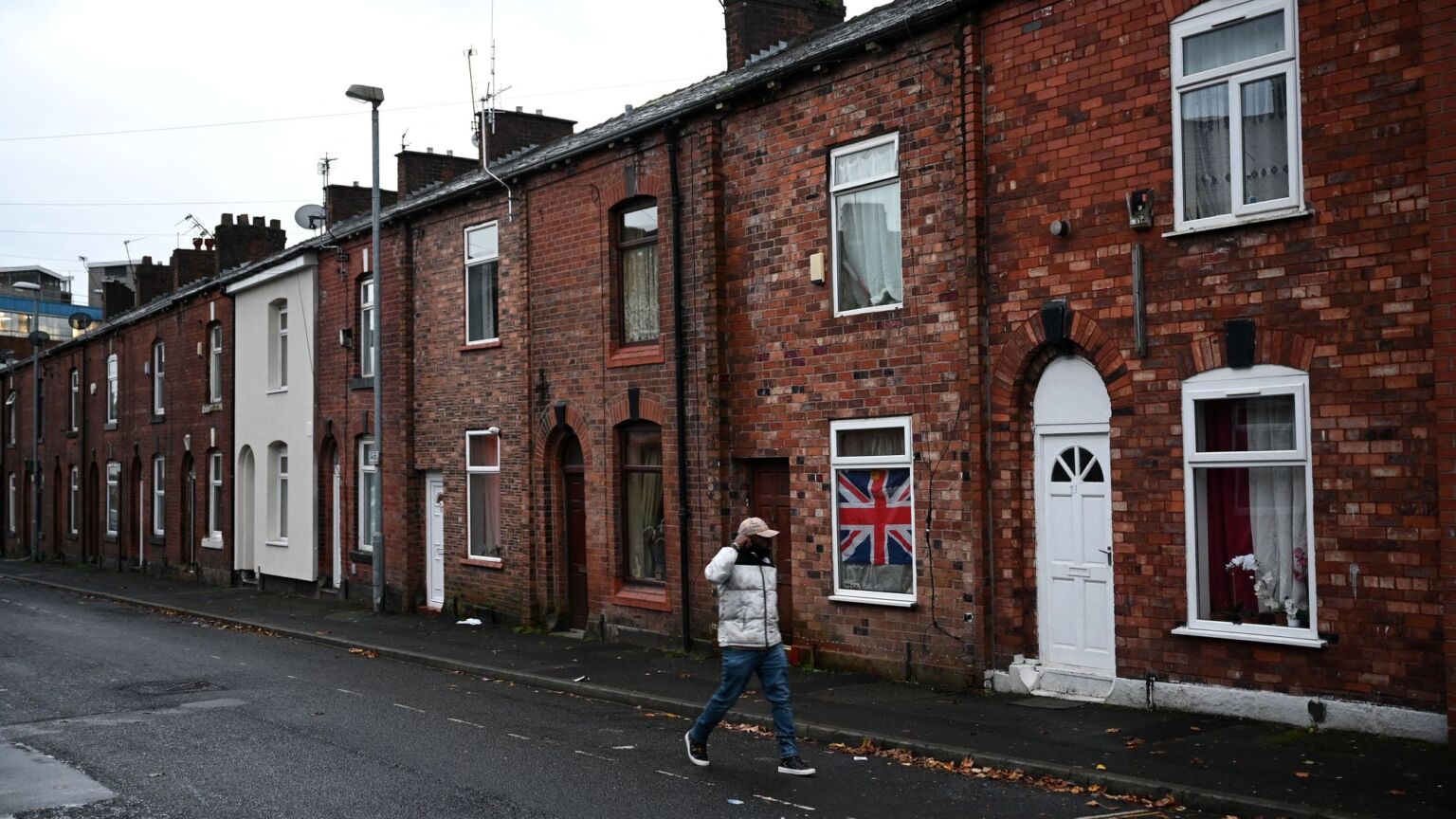Britain is already an ‘island of strangers’
And immigration is hardly the only thing tearing society apart.

Want unlimited, ad-free access? Become a spiked supporter.
Sometimes, all it takes is a hard-hitting phrase in a speech for people to take notice. Keir Starmer’s intervention last week on immigration, where he warned that the UK risked becoming ‘an island of strangers’, achieved exactly that.
Some on the liberal-left have reacted to the PM’s speech in typically hysterical fashion, drawing comparisons between Starmer’s words and the infamous ‘Rivers of Blood’ speech delivered by former Conservative MP Enoch Powell in 1968. Powell made numerous inflammatory claims such as, ‘In this country, in 15 or 20 years’ time, the black man will have the whip hand over the white man’. He also warned of a looming race war. The idea that parallels could be struck between Starmer and Powell is outrageous, particularly as Starmer’s speech was full of praise for the contribution migrants have made to Britain.
Yet in his central point, that without reduced immigration and stricter integration, the estrangement of British citizens from one another will only get worse, Starmer was surely right. To cultivate and maintain social cohesion, a stable national identity is required. It is extremely difficult to build and consolidate bonds of trust and respect when immigration is as high as it is, and driving fast-paced population change in many parts of the country. Unsurprisingly, a poll released on Monday confirmed that much of the country agrees with Starmer: nearly half of people in the UK do in fact feel like strangers in their own country.
A city like Leicester is a perfect example of what has gone wrong in the UK. It experienced large-scale disorder on its streets in August and September of 2022, as Hindu and Muslim youths fought pitched battles against each other. This breakdown in social cohesion came amid unprecedented demographic change. The 2021 census revealed that two in five of the city’s residents had not been born in the country, while ‘non-whites’ had become the majority of the population for the first time.
But blaming this problem solely on recent immigration misses the bigger picture. The truth is that in some parts of the UK, there has been ethnic, racial and religious segregation for decades – in other words, the lack of integration Starmer warned about is already a fact. Think of northern towns such as Blackburn in Lancashire and Dewsbury in Yorkshire. There are communities here that live parallel lives – with white Britons and British Muslims living side-by-side, but with limited to no meaningful social interaction. Little action has been taken by successive governments, local or national, to foster integration.
Cultural and economic changes, not just unintegrated migrants, have also been significant. The rapid secularisation of the white British mainstream has led to a steady decline of the church, which was once at the heart of communal life across Britain. The harsh winds of globalisation have battered communities, with resulting de-industrialisation adversely impacting smaller towns in particular. The decline of these once-prosperous areas means that young people have no choice but to uproot themselves as they venture to different parts of the country, seeking out better economic opportunities. We are also an increasingly consumerist society, defined more by material possessions than our duties and obligations to one another. None of this has been good for national unity or social solidarity.
Many will agree with Starmer’s view that we risk becoming an island of strangers, including myself. But if we want Britain to be a cohesive, democratic home, it will take a lot more than simply getting to grips with immigration. To avoid becoming an island of strangers, a new economic, social and cultural settlement is desperately needed.
Rakib Ehsan is the author of Beyond Grievance: What the Left Gets Wrong about Ethnic Minorities, which is available to order on Amazon.
You’ve hit your monthly free article limit.
Support spiked and get unlimited access.
Support spiked and get unlimited access
spiked is funded by readers like you. Only 0.1% of regular readers currently support us. If just 1% did, we could grow our team and step up the fight for free speech and democracy.
Become a spiked supporter and enjoy unlimited, ad-free access, bonus content and exclusive events – while helping to keep independent journalism alive.
Monthly support makes the biggest difference. Thank you.









Comments
Want to join the conversation?
Only spiked supporters and patrons, who donate regularly to us, can comment on our articles.